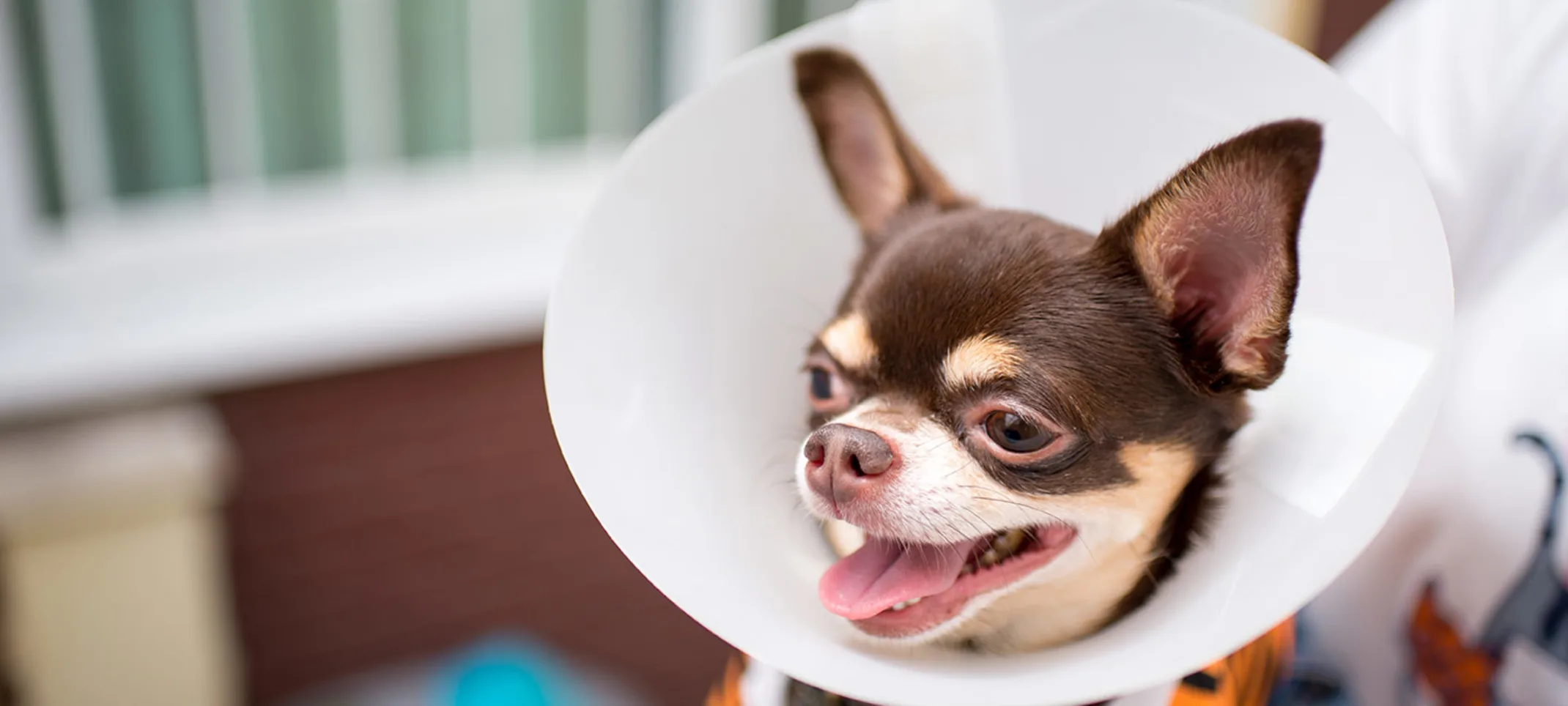Prairie Ridge Animal Hospital
Soft Tissue Surgeries
We perform soft tissue surgery for a number of medical reasons. This common surgery can be used for most anything non-joint or bone related.

Overview
At Prairie Ridge Animal Hospital, we take pride in our patient screening, anesthetic monitoring, and surgical technique. Our veterinarians have years of experience in procedures, including, but not limited to:
Spay & Neuter
Hernia repair
Cystotomy
Gastrotomy
Enterotomy
Gastropexy
Splenectomy
Surgical oncology
Amputations
Anesthesia
There are several instances where anesthesia may be necessary such as spays and neuters, along with several other surgeries. Several important aspects must not be overlooked in any surgical procedure.
What to expect during our surgical procedures:
The doctor will perform a thorough exam the morning of surgery to assess the health of your pet prior to surgery.
We will run blood work prior to the procedure that the doctor will evaluate to ensure we are choosing the safest medications for your pet.
Your pet will be on IV fluids during the entire procedure and until they are fully recovered. IV fluids give our staff the ability to maintain your pets' blood pressure during surgery, keeps your pet properly hydrated, and allows quick access to administer additional medications if needed.
A monitoring device will be hooked up to your pet at all times. This device will monitor their heart rate, respiratory rate, blood pressure, oxygen levels, and more. There will also be a technician monitoring your pet by hand from the second they are sedated until they are fully recovered.
A warming blanket will be on your pet at all times to ensure their temperature does not drop during surgery.
Just like humans, anesthesia can make our pets feel nauseous when they wake up. An anti-nausea injection will be given to your pet prior to surgery to help them feel better faster after surgery.
Pain medications will be given prior to surgery and we will also send home pain medications to ensure your pet is comfortable while they are healing.
A therapy laser treatment will be performed on your pets' incisions after surgery. This helps speed up the healing process and decrease any pain and inflammation.
Depending on the procedure your pet will be hospitalized for one night where our staff will continue to monitor their pain levels and their recovery progress before sending them home.
